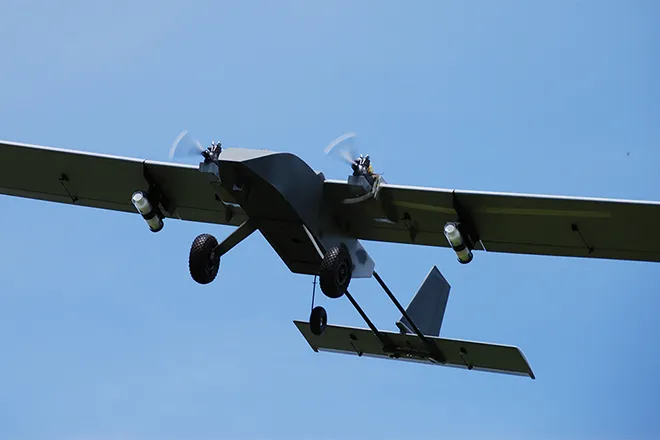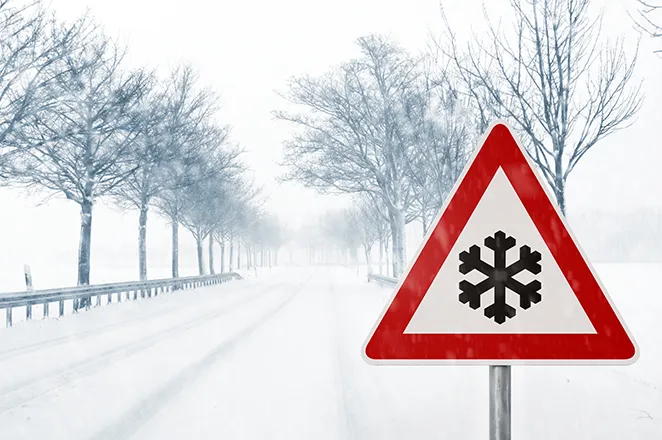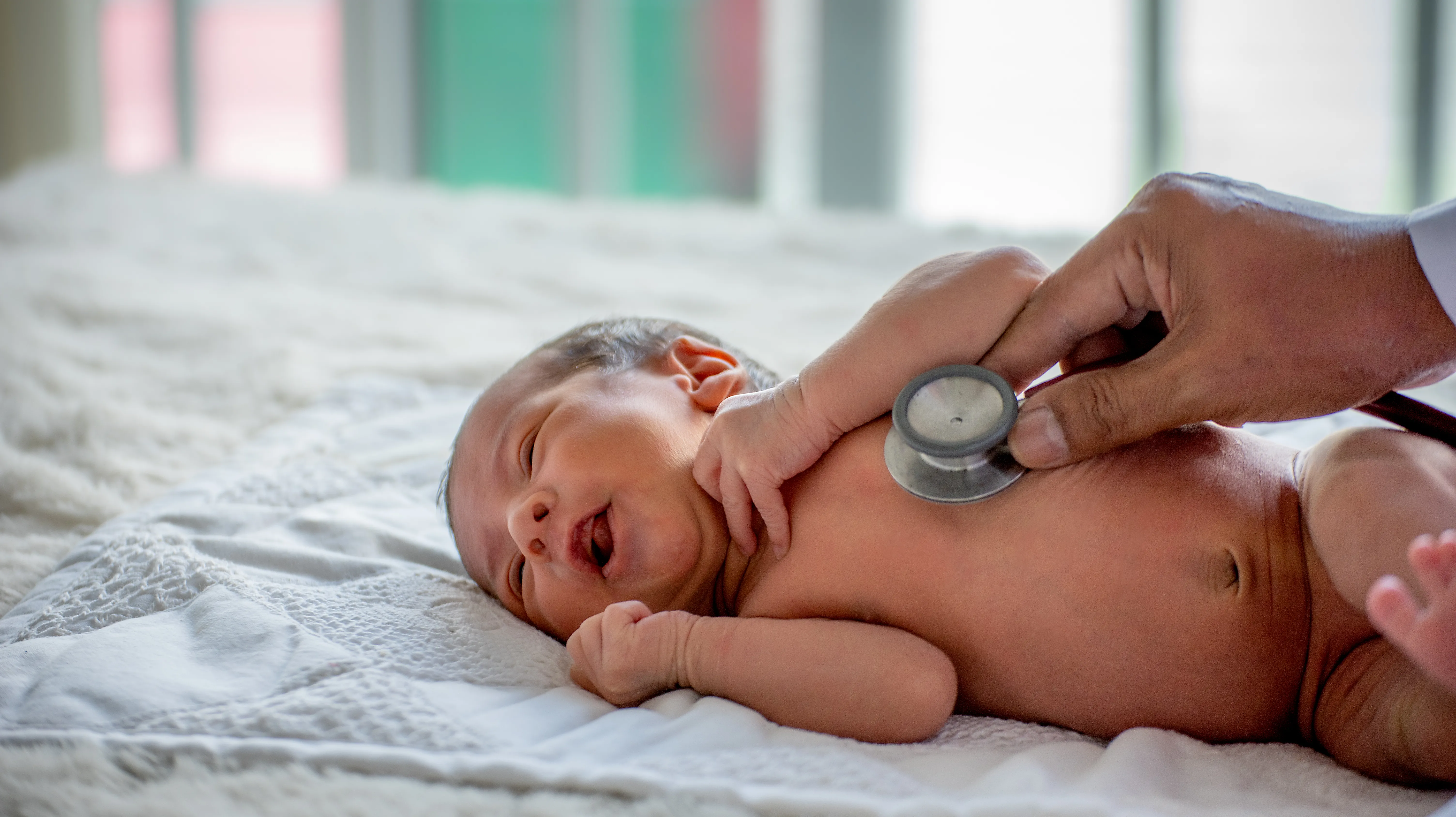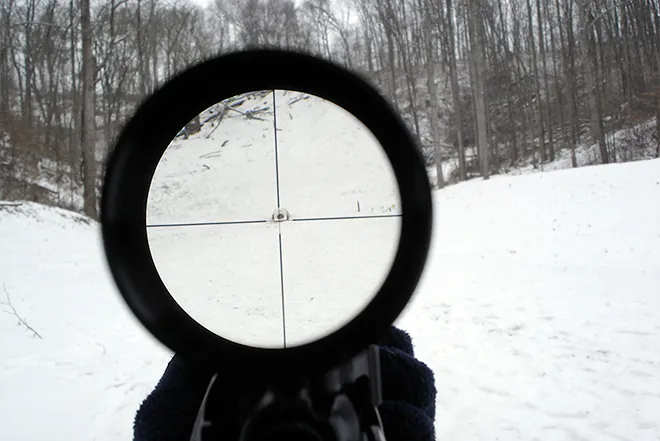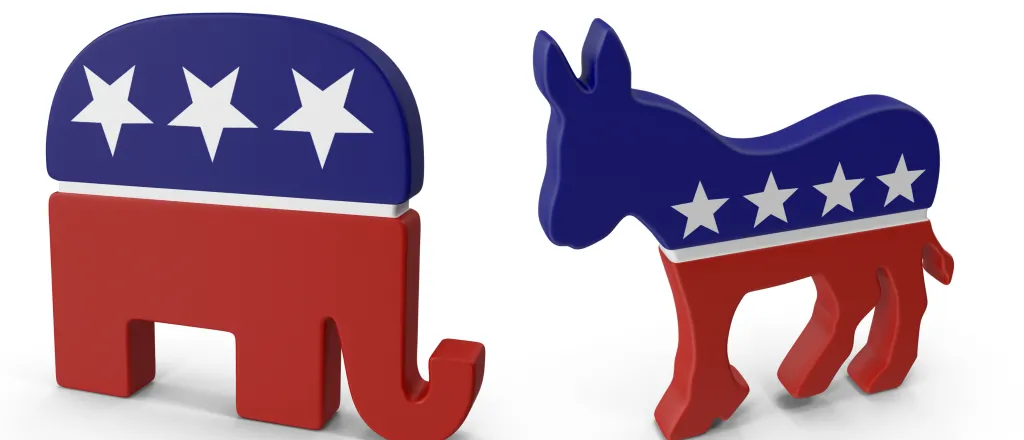
Adam Frisch, Jeff Hurd split more on style than policy in Colorado 3rd District debate
© fitimi - iStock-528483210
(Colorado Newsline) The two men vying to represent Colorado’s rural western half, attorney Jeff Hurd and former Aspen City Council member Adam Frisch, differed little on responses to policy questions during a Saturday evening debate and instead criticized each other on their campaigning and political style.
“My opponent says he is a moderate, but look at what he does. He supported a liberal policy agenda on the Aspen City Council. He says he doesn’t take corporate donations, but has Democratic PACs funneling him corporate money,” Hurd, a Republican, said in his opening remarks.
He also pushed Frisch on his campaign’s support of another Republican primary candidate, Ron Hanks, saying it was inappropriate of Frisch to “meddle” in another party’s primary.
Frisch, the Democrat, attacked what he characterized as Hurd’s low number of public-facing campaign events and lack of appearance at other forums and debates.
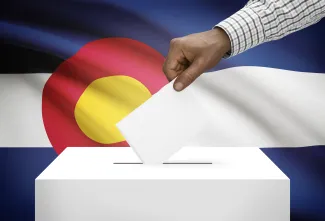
“You have not had a single event open to the public since the general election, only closed-door meetings with no notice. The vast majority of voters are not insiders. Why are you so scared of talking to the general public?” he said.
Frisch maintained that he does not accept money from corporate political action committees, though he does accept donations from other political action committees with corporate donors.
Hurd responded to Frisch’s criticism by saying campaigning isn’t a “box-checking exercise” about raising money and traveling across the district.
“You have to be authentic. You got to connect with people. You have to earn their trust. And that’s what I’ve tried to do,” he said.
Those were the few topics of tension during the debate between the candidates for Colorado’s 3rd Congressional District, hosted in Grand Junction at Colorado Mesa University by Club 20, a nonpartisan membership organization based on the Western Slope. It was the tail end of two days of debates for local and state races. Sponsors included Lockheed Martin, Xcel Energy and Chevron.
Reproductive rights
One of the only points of disagreement came on the issue of reproductive rights. Frisch supports abortion access and said he doesn’t see any situation where the government should interfere with a person’s decision to have an abortion. Hurd, meanwhile, described himself as “pro-life with exceptions” and thinks the issue should be left to the states. Colorado voters will have a chance to enshrine the right to abortion in the state Constitution this November.
The candidates both said the federal government should enable Colorado energy production, from oil to renewables and even the nascent nuclear power industry, which could be fostered by the development of small modular reactors.
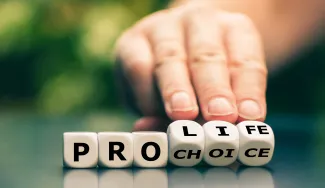
“I think it’s just crazy that the United States is trying to shut down the cleanest, most reliable and most responsible energy sources in the entire world. When we’re shutting down power and energy in Colorado, we’re not getting solar power from Sweden. We’re asking Iran and Venezuela and China to bail us out,” Frisch said. “We need to figure out how to have a strong industrial policy, including a really strong energy policy in (the 3rd District).”
On water, they agreed that Colorado needs to protect its water rights and its position within the Colorado River Compact. That means making sure other states, such as Nevada and Arizona, live within their water budgets and strengthening storage. Hurd also said it is important to keep water within the district and not export it to Front Range communities and out of state.
“In Congress, I’m going to fight against any water export project,” he said.
1 of 3 open congressional seats
Both said that bipartisanship is necessary in Congress, especially when it comes to the issues that affect rural Colorado such as energy, agriculture and public lands.
“It would be foolish for anyone to say that bipartisanship is not necessary, particularly with issues like the Farm Bill or H-2A visa reform, making sure that our agricultural workers have the resources that they need and the employees that they need to harvest the crops that we eat,” Hurd said.
The H-2A program allows temporary agricultural workers from other countries into the United States.
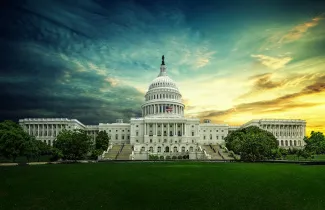
Frisch said both parties “have a lot to blame.” He was one of the first to call on President Joe Biden to step down from his reelection bid, and he criticized the administration’s student loan forgiveness plans in 2022.
“For 20 years I was independent. I made it very clear that when I get to Congress, I’m gonna go join the Problem Solvers Caucus,” he said.
The 3rd District is one of three open seats in Colorado this election cycle. The district has been represented by Republican Representative Lauren Boebert since 2021. After winning reelection by just 546 votes against Frisch in 2022, Boebert switched districts and is running this year in the 4th Congressional District on the other side of the state.
Republicans currently hold a narrow majority in the U.S. House of Representatives.
Frisch has leveraged his near-victory to a massive fundraising haul over the last two years with nearly $13.8 million raised. Hurd has brought in about $1.2 million.
The district encompasses 27 counties and Colorado’s Western Slope, from the Wyoming to New Mexico border and sweeps east to include Pueblo County. It leans about 9 percentage points to the right, according to a 2021 analysis of recent elections.
County clerks will begin mailing ballots to voters October 11. Voters have until Election Day, November 5, to return their ballot or vote in person.
Colorado Newsline is part of States Newsroom, a nonprofit news network supported by grants and a coalition of donors as a 501c(3) public charity. Colorado Newsline maintains editorial independence. Contact Editor Quentin Young for questions: info@coloradonewsline.com. Follow Colorado Newsline on Facebook and X.



